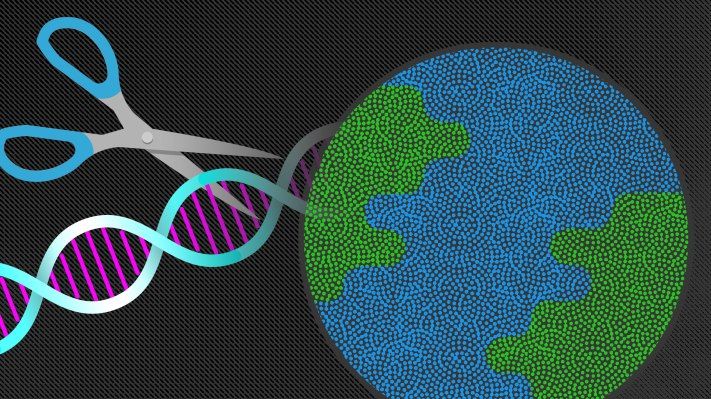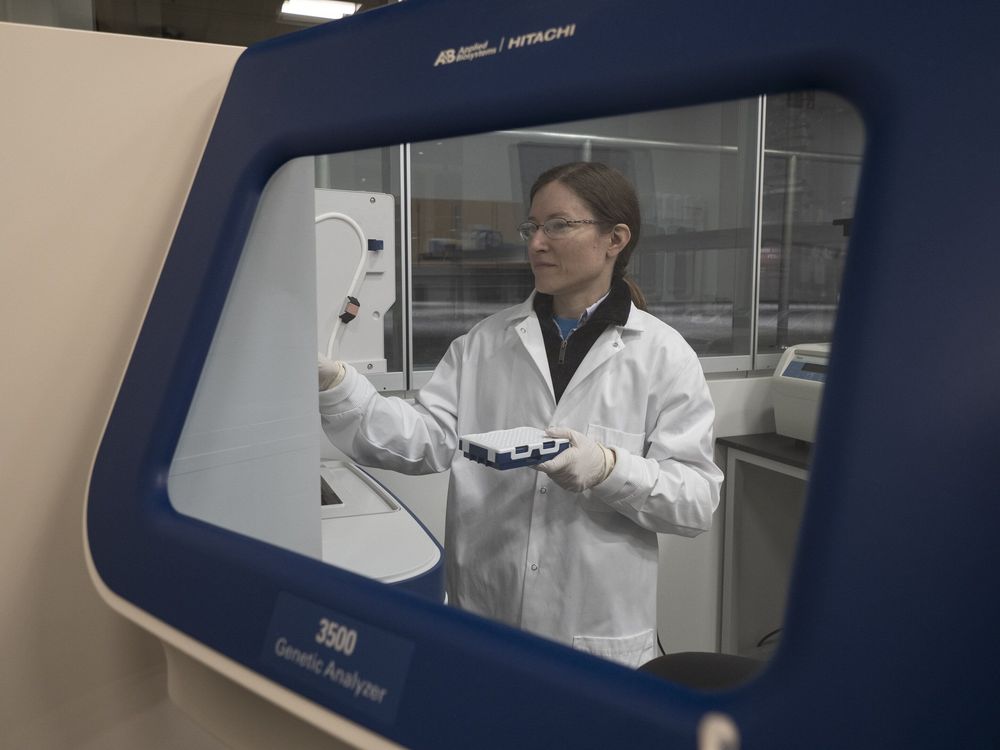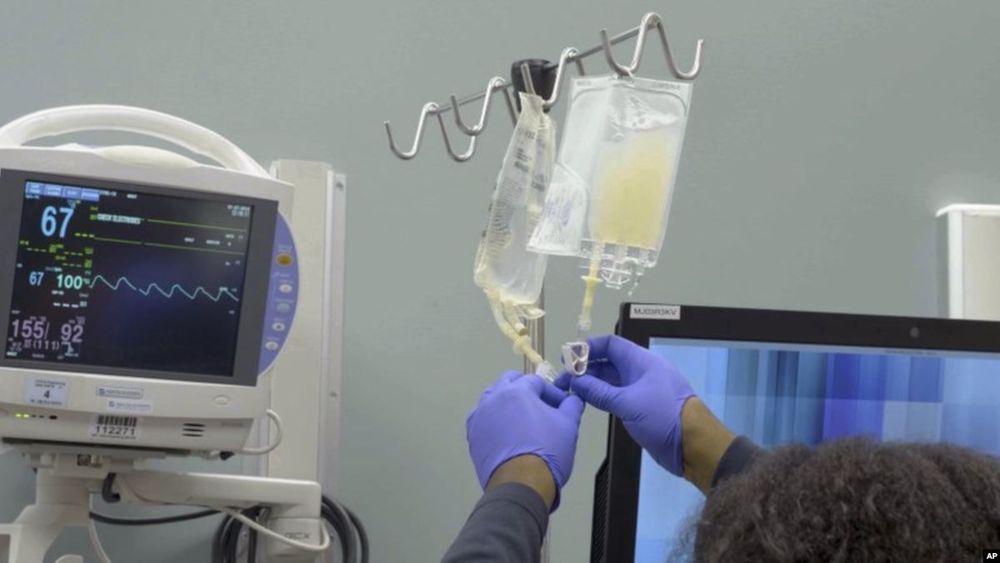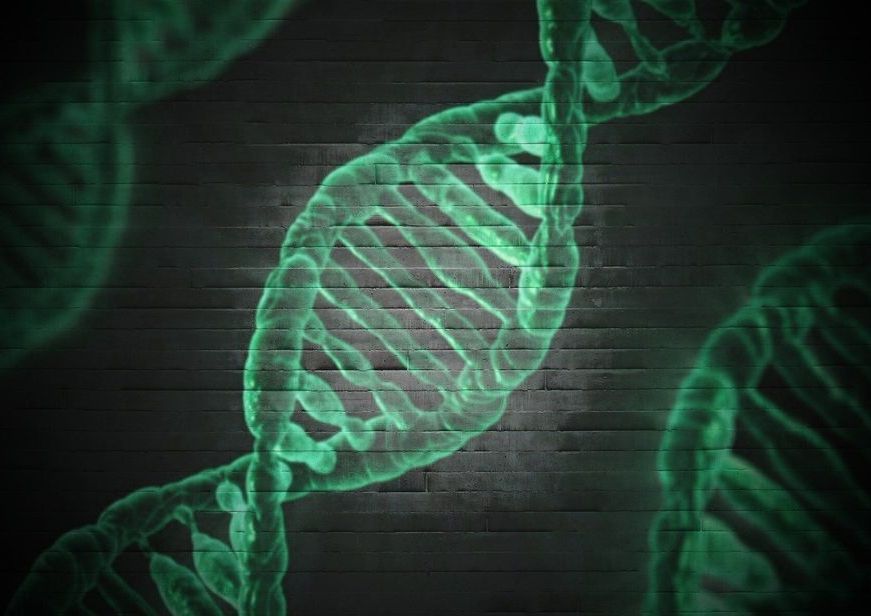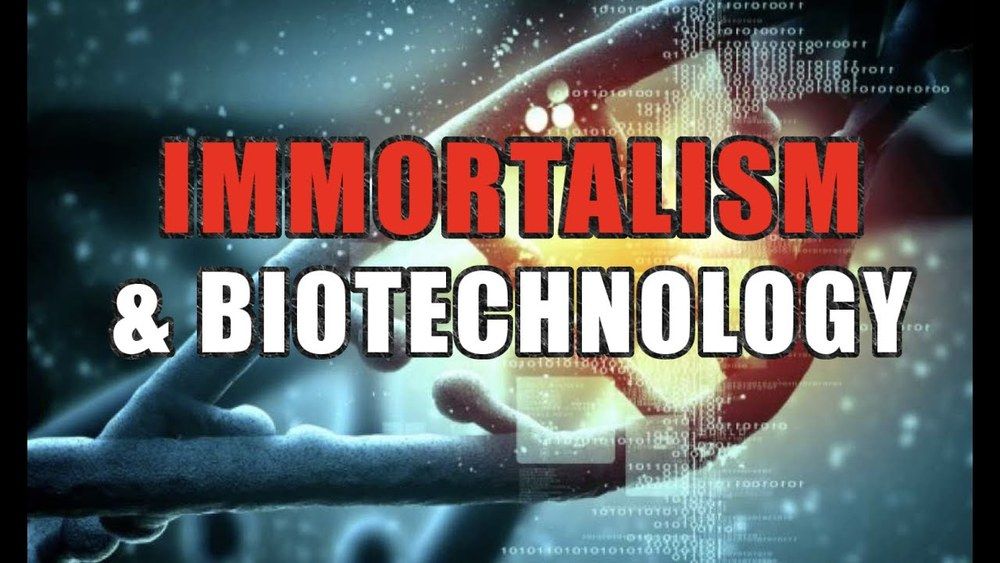Nov 16, 2019
Tardigrade DNA Added to Human Cells Could Help Us Survive on Mars, Scientist Says
Posted by Paul Battista in categories: biotech/medical, genetics, space travel
SOME Geneticists scare the hell out of me??? AEWR.
Will we one day combine tardigrade DNA with our cells to go to Mars?
Chris Mason, a geneticist and associate professor of physiology and biophysics at Weill Cornell University in New York, has investigated the genetic effects of spaceflight and how humans might overcome these challenges to expand our species farther into the solar system. One of the (strangest) ways that we might protect future astronauts on missions to places like Mars, Mason said, might involve the DNA of tardigrades, tiny micro-animals that can survive the most extreme conditions, even the vacuum of space!


